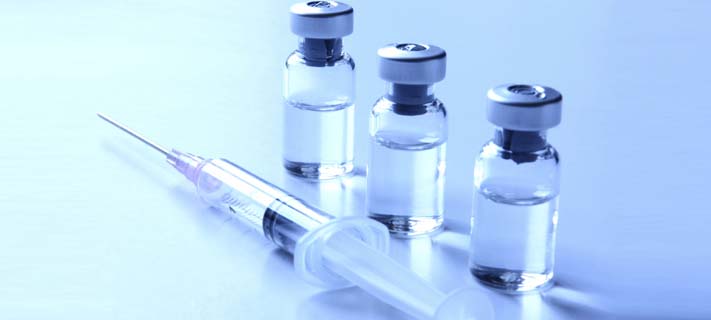Low cost vaccine to be manufactured

Hilleman Laboratories to collaborate with Imperial College London, Engineering and Physical Sciences Research Council (UK) and other premier international bodies towards low-cost vaccine manufacturing
Hilleman Laboratories, an equal joint-venture partnership between MSD and Wellcome Trust, is honored to be one of the key partners of the new Future Vaccine Manufacturing Hub led by Imperial College London. The hub has been established to increase immunisation coverage across the globe and improve the response to disease outbreaks through the rapid and cost-effective deployment of vaccines. £10 million of funding has been granted by the UK Department for Health, and will be managed by the Engineering and Physical Sciences Research Council (EPSRC).
The all-new Future Vaccine Manufacturing Hub aims to address two major challenges facing creation of future vaccine manufacturing systems:
How to design vaccine production systems that can produce tens of thousands of new doses within weeks of a new threat being identified
How to improve current manufacturing processes and change the way vaccines are manufactured, stabilized and stored so that existing and new diseases can be prevented effectively, at reduced costs
Speaking on the occasion, Dr Davinder Gill, CEO Hilleman Laboratories said, “We are honored to collaborate with Imperial College London and EPSRC in the United Kingdom. We are gratified with this collaboration, which will help us develop our competences through international partnerships. As a partner in manufacturing research projects, we are truly hoping that the new Vaccine Manufacturing Hub will increase immunisation coverage around the globe and respond to disease outbreaks with safe and cost-effective vaccines. It will allow us to invest in innovation more effectively to explore high-quality vaccines & technologies.”
The hub will collaborate with the Developing Countries Vaccine Manufacturing Network on manufacturing projects in India, Vietnam, Bangladesh, Uganda and China. Integrated approaches that will be explored by researchers at the Hub include the development of synthetic RNA vaccines which can be rapidly manufactured; the rapid production of yeast and bacterially-expressed particles that mimic components of pathogenic viruses and bacteria; and protein stabilisation to preserve vaccines at high temperatures, avoiding the need for refrigerated distribution and storage.
The Hub is led by Imperial College London, and also involves the Universities of Bristol, Cambridge and Nottingham, Cranfield University, the Clinical Biotechnology Centre (CBC) as part of NHS Blood and Transplant, UK National Biologics Manufacturing Centre, CPI and National Institute for Biological Standards and Control (NIBSC). The hub will also collaborate with the Developing Countries Vaccine Manufacturing Network (DCVMN) and African Vaccine Manufacturers Initiative (AVMI) to maximise dissemination of knowledge.

 Disclaimer: Welthi.com does not guarantee any specific results as a result of the procedures mentioned here, and the results may vary from person to person.
Disclaimer: Welthi.com does not guarantee any specific results as a result of the procedures mentioned here, and the results may vary from person to person.









